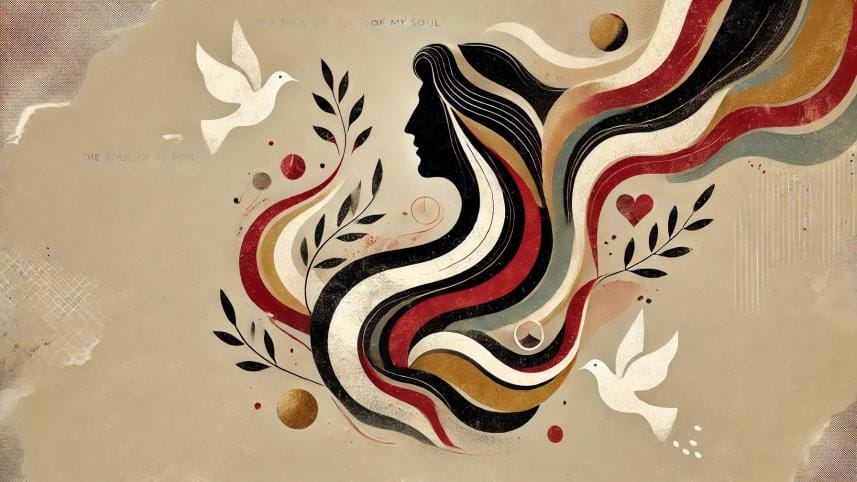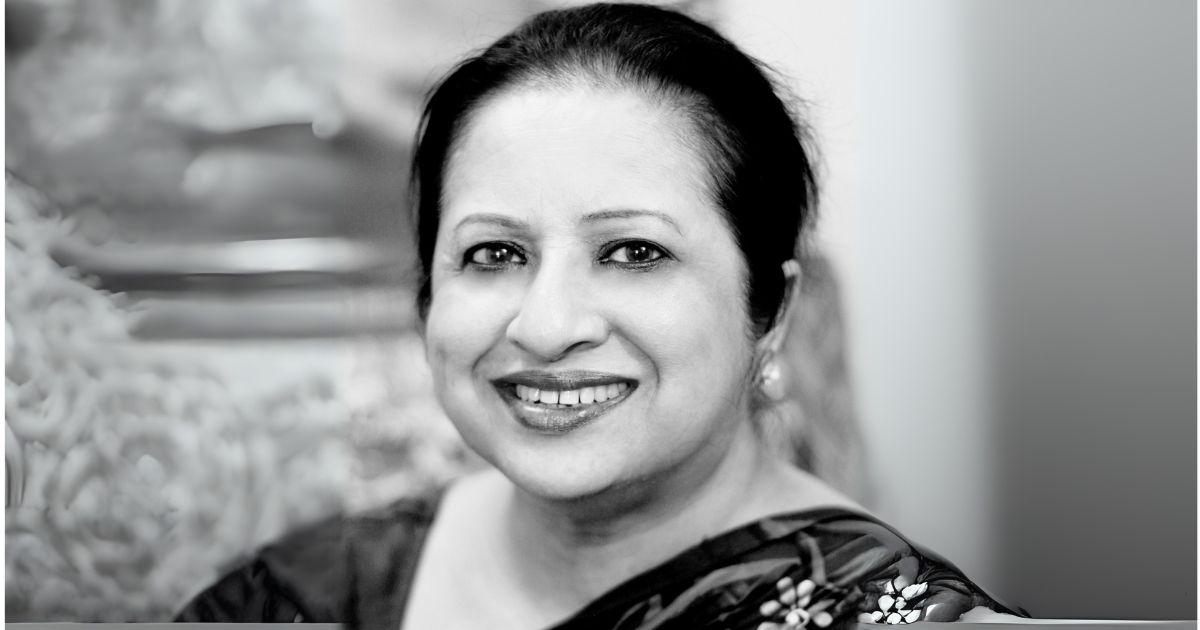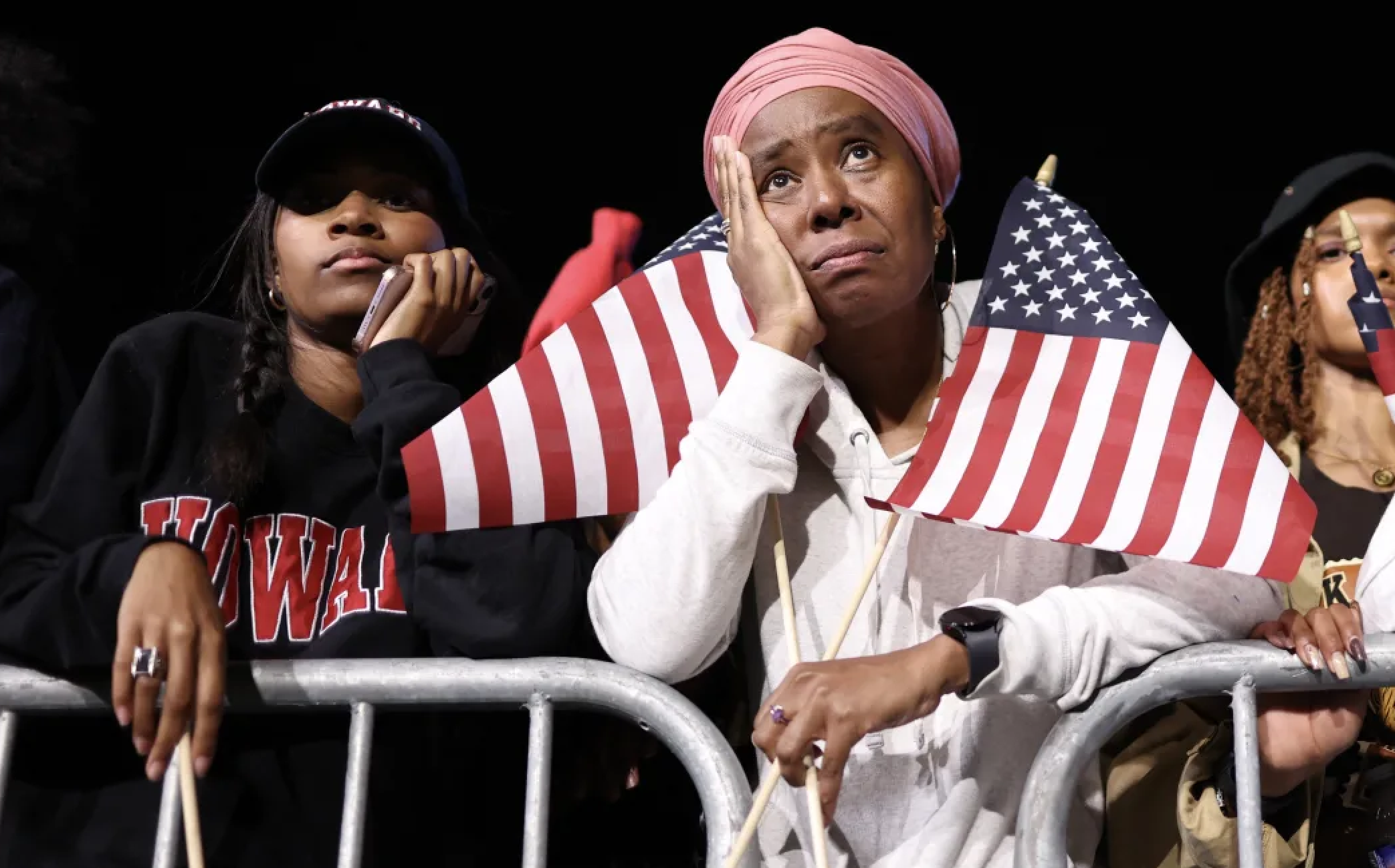‘The soul of my soul’: Khaled Nabhan’s legacy of love and resistance

For years, Muslim men have been associated with terms such as "extremist," "terrorist," "turban-head," etc, until the war broke out in Gaza, which swiftly bled into a genocide. Across the world, millions of individuals, irrespective of their culture, race and socioeconomic class, were in sheer shock as the slaughter of thousands of men, women and children was justified as "self-defence." And yet, like a silver lining, the stereotype surrounding Muslims—of Muslim men being labelled as vicious and unforgiving—was broken by one notable individual: Khaled Nabhan. Khalid rose up both as a symbol against what the media often portrayed Muslim men as and as another iconic symbol of Palestinian resistance.
Reem was not only Khaled Nabhan's granddaughter; she was his little shadow, his loyal companion and, at three years old, the apple of his eyes. Countless videos of Reem spending time with her grandfather, her curly pigtails bouncing with her joy, still circle the internet. The siege and artillery strike in Gaza traumatised young Reem. Still, her grandfather was a constant presence shielding the young child during the worst of the bombing in a way only a grandparent could until finally, on November 28, 2023, the airstrikes at Al-Nuseirat Refugee Camp finally stole her young life away. Reem's grandfather was not with her that fateful day, and he returned expecting to be greeted by her, and yet he faced a scene crueller than his worst nightmares: their family home turned to rubble. And Reem, the apple of Khaled's apple, was slain like so many children in Gaza. Khaled Nabhan's final act of grandfatherly love immortalised him and his granddaughter to millions worldwide; Khaled, cradling Reem's body as gently as she was sleeping, kissed her forehead and her eyes.
"She was the soul of my soul," he cried, immortalising his granddaughter in history. The phrase, "the soul of my soul," is five words the world heard in stunned and grief-stricken silence. Within hours, millions across the globe paid tribute to Khaled and Reem with moving videos, reels, art pieces, etc. Indeed, the pro-Palestinian clothing brand Wear The Peace created a shirt immortalising the phrase, with 100 percent of the profits going to those affected in Gaza. And yet, none of these would bring Reem back. Khaled was shattered, and no one would fault him for wanting revenge.
Yet, instead of swearing revenge or showing his anger, Khaled stood solemnly and showed global audiences what so many had tried to deny, an elderly Palestinian grandfather dressed in the traditional thobe with a keffiyeh tied around his head, sporting a typical Muslim beard; a victim of aggression, not a terrorist as so many in the world had branded him as due to his clothes, his beard, his language, his religion or his complexion.
"I kissed her, but she wouldn't wake up," uttered Khaled to global audiences, which combined with, "She was the soul of my soul." These unscripted words, borne from raw grief, became an international rallying cry as the world watched Khaled Nabhan gently handing over her tiny corpse to a stranger to finally lay her to rest, away from this cruel and unjust world that robbed her of her life and her childhood.
Reem might have been buried six feet under the ground, but her memories were still profoundly cherished by her grandfather, who seemed to make it his mission in life to always keep her memory alive. With only his bare hands, he spent hours digging through the rubble and finding the last possession of his slain grandchildren; a doll beloved by Reem, which he held and kissed as if he were holding his granddaughter, as well as an earring of hers which he always kept on his person.
The world stood in awe at Khaled's dignified and pious persona as he gave the world and indeed many Muslims across the globe a real-life example of what it means to be a Muslim. It was with this faith that so many in Gaza would go to broken and destroyed mosques on Fridays for Jummah prayers during the siege that shattered the portrait of Islam that the media had painted before.
And yet, once again, death came and snatched away those who were too good, too pure for this world. On December 16, 2024, less than 13 months after the departure of his beloved Reem, death came for Khaled. Pictures of his bloodied body shocked millions, prompting a global mourning and moving tributes. One can't help but wonder what his last thoughts were. Was he in pain? Was he scared? Or was he smiling at the relief of being able to finally be reunited with his beloved Reem?
These last 14 months of genocide in Gaza have redefined many things, yet have also shown us the resilience of the Palestinians. Palestinians like Khaled Nabhan have not only become a symbol of the Palestinian resistance but also those beloved by millions around the globe, whose faces and actions have been seared into our hearts and minds. In a way, they have become more than names, more than statistics; they have become real, dimensional people, not abstract concepts. Their pain is palpable, and their deaths are so devastating. These words are not simply a eulogy but an ode to the revolution that one Palestinian grandfather spurred into action. May Khaled and Reem be reunited in the heaven's gardens.
Nuzhat Elham is a student in the Department of English and Modern Languages at North South University (NSU).
Views expressed in this article are the author's own.
Follow The Daily Star Opinion on Facebook for the latest opinions, commentaries and analyses by experts and professionals. To contribute your article or letter to The Daily Star Opinion, see our guidelines for submission.




 For all latest news, follow The Daily Star's Google News channel.
For all latest news, follow The Daily Star's Google News channel. 

Comments